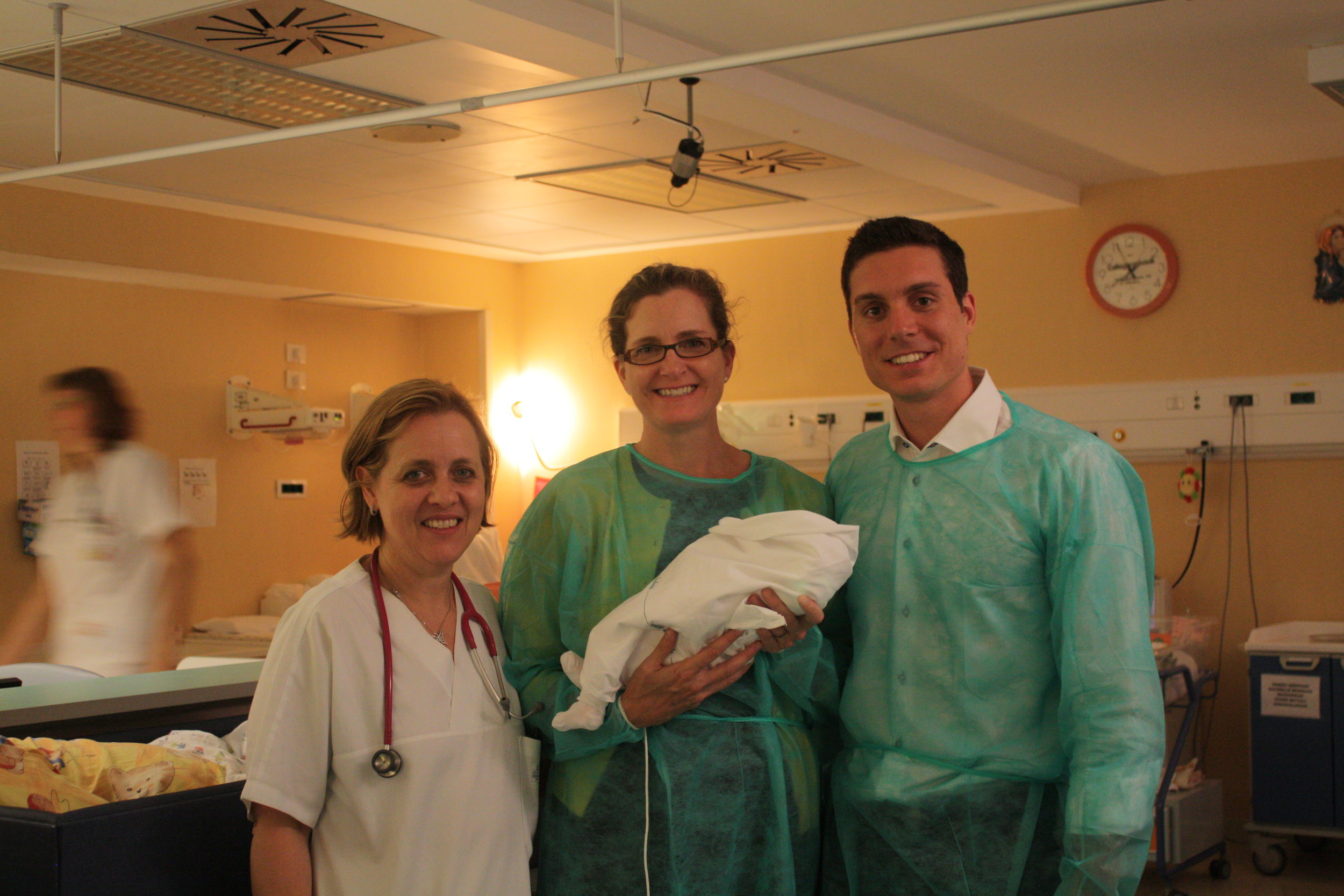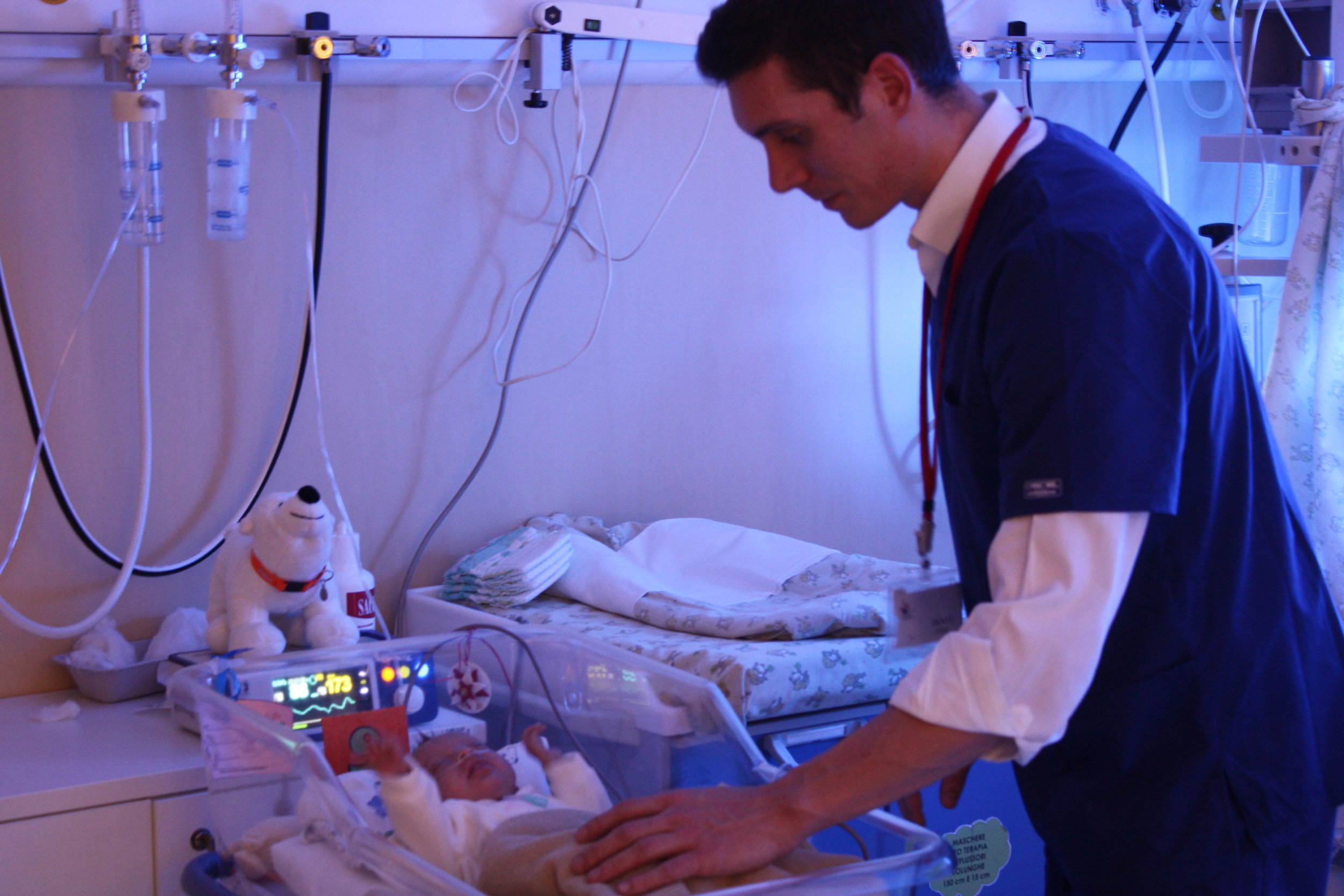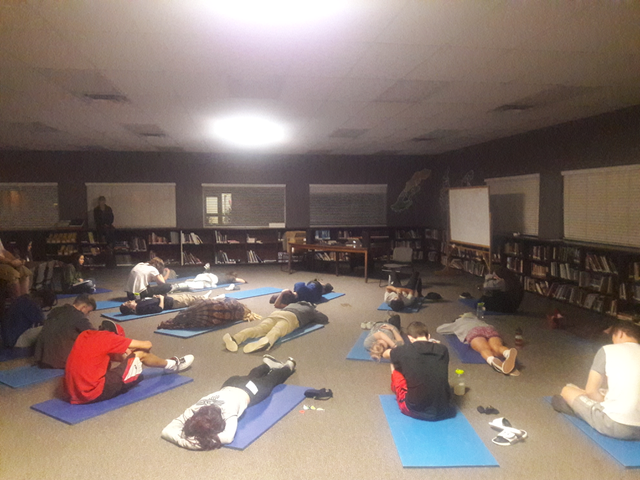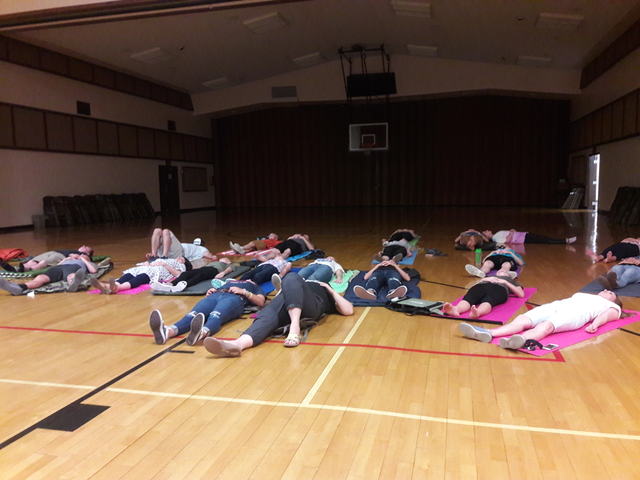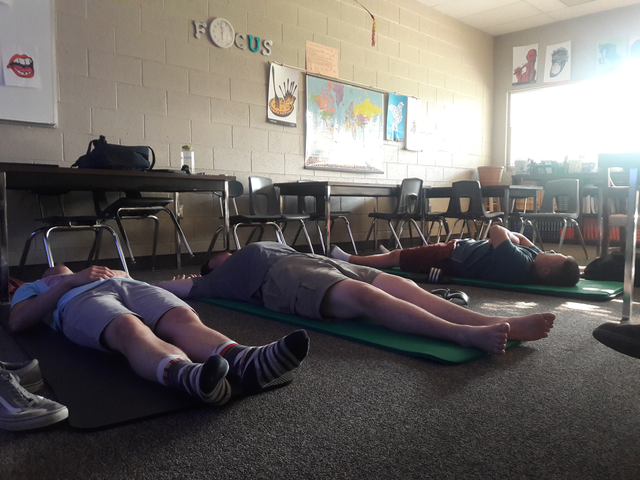
THE GENOTE BLOG
Inspiring, creating and living Health Music
MUSIC, TERM AND PREMATURE BABIES
The beginning of life is often a very stressful experience, even for otherwise healthy babies. Prior to birth, all the infant knows is the warm, safe, and quiet surroundings of being in the womb. The beginning of life brings cold, danger, and noise. All of the noise, particularly the hospital environment, can be detrimental to the newborn receiving the sleep it needs.
Specifically referring to studies conducted in Neonatal Intensive Care Units, we know the importance of sound.
Ås reported by Rich Haridy in New Atlas, on May 29th, 2019, an important study at the University of Geneva, shows that music can help build the brains of premature babies.
At Genote, Health Music is a valuable resource for reducing stress and increasing stability in newborn children. The existing research did not make clear what types of music would be best for this purpose.
Sixteen newborns were exposed to the Genote Sleep Music Protocol for thirty minutes twice per day. Their heart rate, blood oxygenation, pain scale, and behavioral states were measured within a half hour of exposure to the music.
The majority of the newborns showed improvement in their capacity to self-soothe and transition to a more relaxed state. Their sleeping patterns also improved. The positive impact of structured music listening on healthy newborns indicates the need for further study on the impact structured music could have on sick newborns.
Hear some of the new music used at the University of Geneva
See the video from Venice NICU
CHRISTMAS MUSIC IS MENTAL
You might have wondered why, during the holiday season, we are all forced to walk through various shopping areas while accompanied by Christmas tunes. Some of us, maybe lots of us, grow quite tired of listening to the same tune over and over. Some of us like the warmth of Bing Crosby and Judy Garland tunes, others like Kenny G, or the latest renditions of Il Divo, Josh Grobam, and Mariah Carrey. There are a lot of us who prefer the great performances of King Singers or Mormon Tabernacle Choir too. More precisely, we all tend to have a specific favorite version for each tune. Each tune, heard at the wrong time (and in the wrong way) can definitely rub us the wrong way and make us irritable, distant, and even depressed. The idea of having a favorite version of Christmas tunes that we find closer to our idea of home, family or music perfection is something worth pondering about. Certainly each song carries strong memories, sometimes even a specific tradition that we, in our families, have developed and wish to maintain.
But there is a deeper meaning attached to our preferences: we have developed music likes and dislikes not only for the way the tunes make us feel, but the way that such favorites are built. Many of us tend to dislike if not even feel offended by modern versions of our favorite holiday tunes if such versions do not follow the original musical structure. Many of us tend to like songs in their most simple version, with the original voice, and the original orchestration. We are certainly bothered if anyone attempts to tamper with the rhythm, the tempo, the key signature and the qualities of the Voice. That is simply because our wonderful ability to understand, listen and even discern music elements is linked to specific correlations between music structural elements and brain functions. We would suggest to pick very carefully your best holiday music by thinking about how the music can make you. Ponder about the memories that it triggers and watch any change in your mood. If you spend some time on this, not only you might end up with a more joyful experience, but you will probably make your days even more blissful with happy and thankful people around you. Listen to the great songs in the LINK and find your own favorites.
The birth of Genote corresponds to a concert performed by choirs, orchestra and soloist in Venice, on January 6th 2013.
HOW ABOUT A SIMPLE TIP FOR SUCCESS?
In response to numerous requests, here is the Back to School Sleep Tips Video. We've spent the whole month of August training students to adopt a healthy sleep schedule and we are happy to report that each of them are sailing away, even during the initial, brutal Back to School days.
We invite anyone to give it a try. One week is completely free!!!
Visit www.genotelab.com and select your age group (Child or Adult) and enjoy a good week of sleep.
After the School supplies, now what?
Genote offers your family Health Music™
Genote is the first clinically tested online streaming music platform. By signing up, you’ll get streaming access to our Health Music library. Developed with pediatric researchers around the world. Just select the area of well being you’d like to target and play high quality music on any device, anytime, anywhere.
You bought your school supplies, your bags are stuffed with new pens, colorful pencils, notebooks; you have your phones, your computer, your quick meals and so much more.
Yet, for at least few weeks, if not months, you will deal with one issue alone: sleep deprivation.
Surely it can be challenging to deal with classmates, teachers, routines, and demands, yet, the biggest challenge will be how to rest, quickly recover from the sudden change in habits, and set for a successful beginning of the school year.
The Struggle is Real
It can take kids over a month to realign their sleep schedule so that they perform their best in school. Some kids take even longer than that. The fall is a stressful period of the year, as parents struggle with re-aligning their children’s sleep schedules, cutting summer junk food, and helping kids focus on studying again. You can manage the transition with supportive tools to set your family up for success.
As children wind down from the excitement of summer vacations, barbeques, late nights and unstructured schedules, many return to school with increased anxiety. Parents often have to deal with nervous children who can be restless, grouchy, and even depressed for the first weeks of the new school year.
There have been many tricks and tips proposed for preparing kids for back-to-school anxiety, but here’s a new idea that may be one of the easiest to apply: music. Yes, music – long known to have positive affects on emotions – is finding more credence in the medical community for therapeutic care in kids of all ages. New studies suggest that “Health Music” can help children’s overall wellbeing by addressing stress, focus and sleep.
The findings come from a new company, Genote, dedicated to studying the benefits of music on better health. What kind of results are they seeing with children going back to school? “They just won’t go to sleep because they’re so excited about everything,” says Angela Duncan, a mother of five children from South Jordan, UT. “The new clothes, the new friends, the concerns about if they’ll like their teacher – it’s all very stimulating for them. But their ability to focus and learn really suffers.” Duncan is using Genote’s Health Music Albums with her children in 3rd grade, 2nd grade and Kindergarten and has seen positive results with the Health Music. “Going to sleep on time has been the biggest change,” she says. “We play the music while they’re getting ready for bed and falling asleep and it really calms them. If they can get to sleep on time, they’re able to get up early, concentrate on the day ahead of them, and they’ve done much better at school because of it.”
Designed by decoding the “DNA of music” and applying it to clinical/medical situations, Genote’s Music Intelligence Technology™ was developed in collaboration with experts in neuroscience, psychology, neonatology, geriatrics, sports medicine, and, of course, music. Genote has developed an algorithm that combines elements of various music compositions to produce therapeutic value for the listener.
"When it comes to music therapy, other solutions simply mask background noise. Many non-scientific solutions do nothing to prepare the brain and the body for improvement," said Edoardo Guerra, Chief Scientific Officer at Genote. "We designed Genote as a new system that can analyze music literature and apply the correct choice of music stimuli for those that want to improve the quality of their health.” Guerra and Genote founder Massimiliano Frani have worked with conditions of sleep deprivation, dementia, autism and even athletic recovery. They’re especially excited to see the positive changes in children.
Genote is the leading health music program that scientifically triggers positive functions in the brain and the body of all ages. The Genote Music Intelligence Technology™ is developed from the latest findings in many fields of medicine, music and wellness. Music albums are available at Genotelab.com. Genote is headquartered in Salt Lake City, Utah. For more information, please visit www.GenoteLab.com.
Genote at the Vicenza Hospital
These experiences give us a firm hope and a renewed resolution to advance music’s collaboration with medicine.
After months of preparation, we finally get to start our music protocol at the Vicenza Hospital! After getting cleared by the Internal Review Board, we have the opportunity to test our entire procedure for pain management with babies for the first time.
The randomized study was designed to evaluate the effects of a Structured Music Listening Protocol on pain reduction for newborn babies that are going through a metabolic screening test 36 hours after birth. The test requires the nurse to prick a baby’s heel and squeeze some blood on a special paper to be sent to the lab for the analysis. Since newborn babies don’t have a high volume of blood, the pressure required to get enough blood out for the test can go on for several minutes.
Ouch.
Our hypothesis was that the babies receiving the music intervention, in addition to the standardized technique, might show a beneficial effects on pain reduction and pain management.
The morning the study was to begin, we had a brief meeting to introduce the research implementation staff to the procedure. The staff was represented by a pediatrician, a nurse, and two obstetric students. After the doctor described the procedure and Edoardo Guerra, our CSO and resident psychologist, presented some important aspects of the music methodology, we entered a small room selected for its low sound level.
Each of us were very focused and anxious for the first trial. The team of nurses selected two babies at random. The first received the procedure as per the standard hospital procedures (without music) and the second received the an additional Structured Listening Protocol. We paid close attention to everything that could affect the baby in the study: the type of light, sound level, distance of the speaker for the music, etc. Our preparation was scrupulously evaluated, up to the moment we were ready for our first baby.
The nurses brought the first baby inside the room with his cradle. He was sleeping and in a very quiet state. They placed him on the changing table and started the restraint procedure (wrapping technique and a pacifier with sucrose). The nurse pricked the baby’s heel and started squeezing the blood out for the analysis. The baby’s heart rate changed significantly and he went from a state of sleep to being agitated and fussy. The nurses were more tense, too. By the end of the several minute procedure, the baby was agitated and tired.
Then it was the second baby’s turn. He was sleeping too, but after he entered the room he started to wake up grumpily. The nurses did the same procedure, taking the same amount of time as they did with the other baby, but this time they turned on the Structured Listening Music Protocol. After they turned the music on the room’s environment changed completely, going from a harsh/cold medical room to a familiar and more qualitative care environment. The music was imposing they baby’s rhythm, emotion, and beauty on us. But more importantly, it was affecting the baby too. After just a few seconds of music, he listened to it, he turned toward it, and gradually returned to a quiet state. The nurse continued the procedure, and the baby never changed his quiet state throughout the entire procedure. The nurses were more relaxed and the baby was put in his cradle again and returned to his mom.
We won’t know the official results from the study at the Vicenza Hospital for quite some time, but these experiences give us a firm hope and a renewed resolution to advance music’s collaboration with medicine.
To keep up with more Genote™ studies and find opportunities to apply our music albums to your own medical experience, follow this blog and check out our website at www.genotelab.com.




